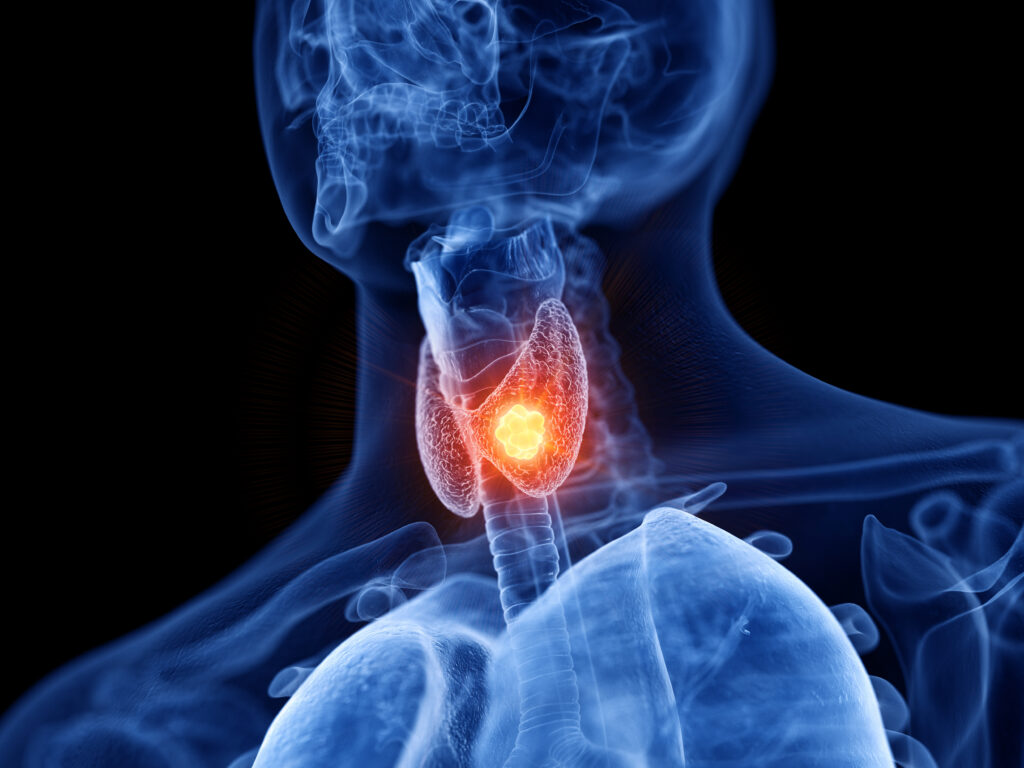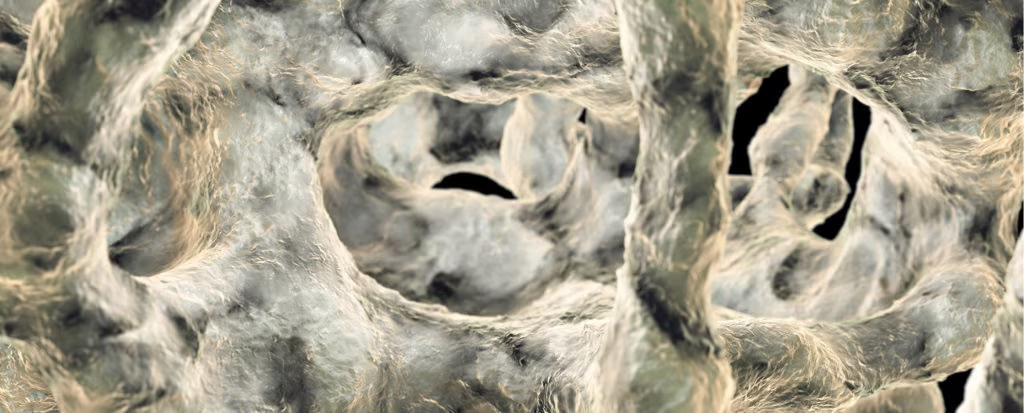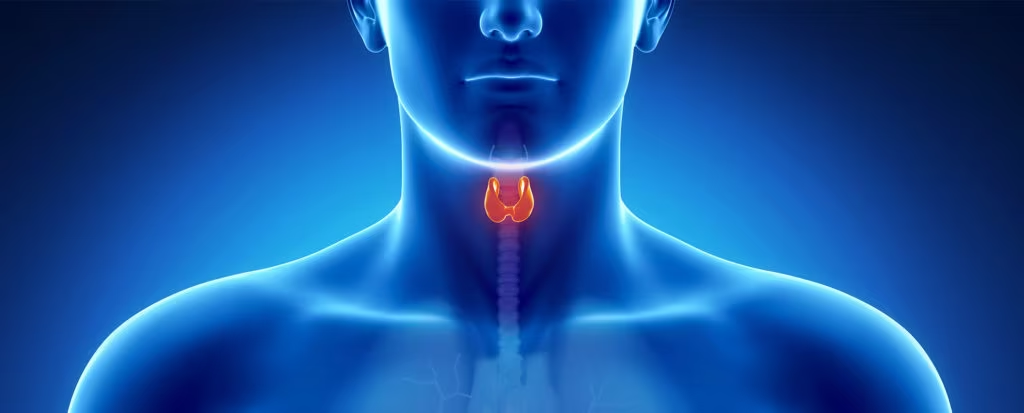Search Results
Showing Results for multiple myeloma

Hypercalcaemia is a common clinical condition in hospitalized patients. Malignancies and primary hyperparathyroidism (PHPT) are the two most common causes of hypercalcaemia in hospitalized patients.1–3 Apparently, there is a changing profile of hypercalcaemia in India, especially in hospital settings, because ...

Renal tubular acidosis (RTA) is characterized by the impaired ability of the kidneys to absorb filtered bicarbonate or to excrete titrable acid in urine.1 It manifests as normal anion gap (hyperchloremic) metabolic acidosis. RTA may be of four types: type 1 (...

Recent advances have bolstered the anticancer therapeutic armamentarium. However, despite the enhanced efficacy and better survival offered by these newer agents, side effects remain a source of concern.1 Gastrointestinal side effects, organ toxicities and dyselectrolytaemias are critical adverse consequences. Among ...

The armamentarium of anticancer drugs available to an oncologist has grown rapidly over the past few decades. The use of cancer immunotherapy and targeted therapy has become more popular in the last few years. It has also become increasingly clear ...

Summary An interesting case of persistent hypercalcaemia of primary hyperparathyroidism (pHPT) resistant to medical management for more than 5 years, who demonstrated a dramatic response to the first dose of denosumab with a significant and persistent drop in her level of ...

In 1980, the brothers Cedric and Frank Garland proposed the ultraviolet-B (UVB)–vitamin D–cancer hypothesis after observing that US colon cancer mortality rates were lowest in the sunny southwest and highest in the least sunny northeast.1 The evidence that UVB ...

All postmenopausal women should be advised to avoid smoking and excessive alcohol intake, exercise regularly, and take calcium (1,200–1,500mg daily from food and supplements) and vitamin D (800–1,200 international units (IU) daily). The guidelines for pharmacologic treatment of postmenopausal ...
Latest articles videos and clinical updates - straight to your inbox
Log into your Touch Account
Earn and track your CME credits on the go, save articles for later, and follow the latest congress coverage.
Register now for FREE Access
Register for free to hear about the latest expert-led education, peer-reviewed articles, conference highlights, and innovative CME activities.
Sign up with an Email
Or use a Social Account.
This Functionality is for
Members Only
Explore the latest in medical education and stay current in your field. Create a free account to track your learning.

